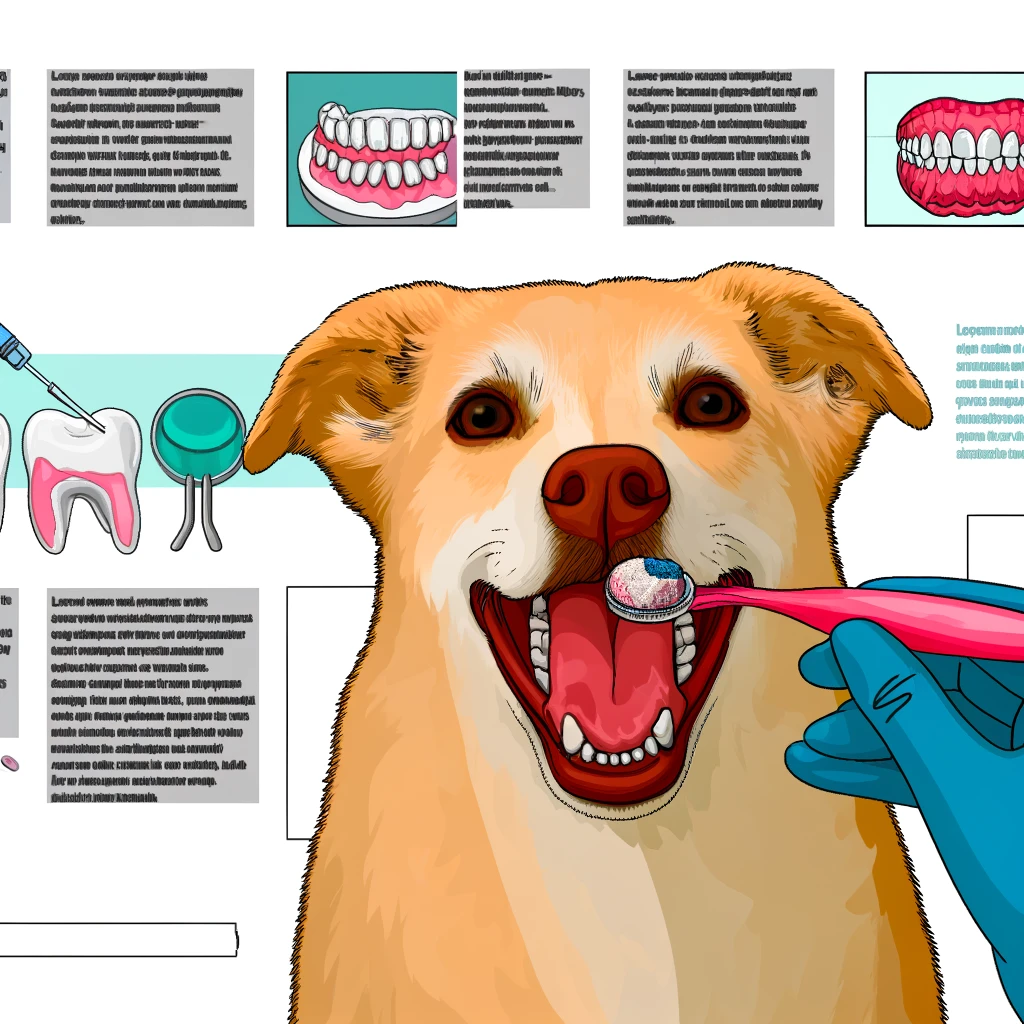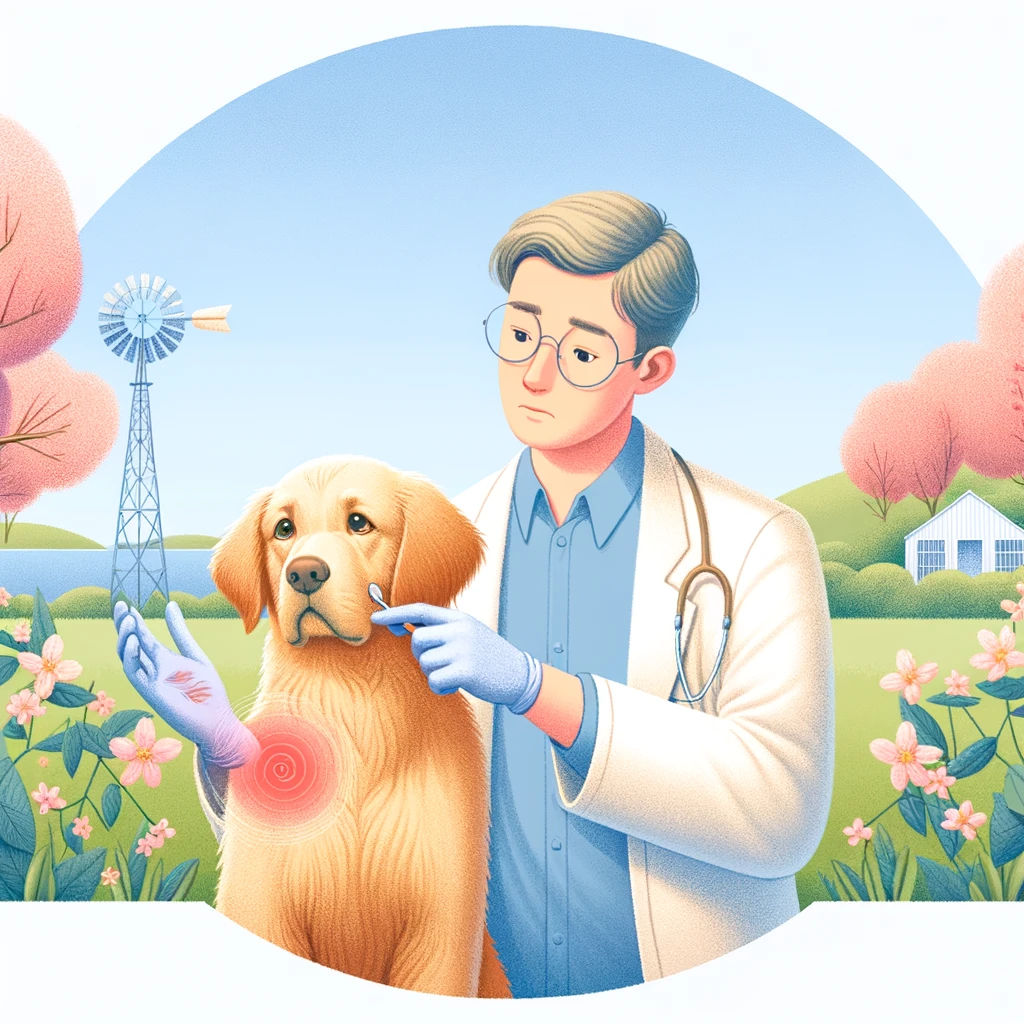The Importance of Dental Care for Dogs
Dental care is an essential aspect of maintaining the overall health and well-being of our furry friends. Just like humans, dogs can also suffer from dental issues such as plaque buildup, gum disease, and tooth decay. Therefore, it is crucial for dog owners to prioritize their pet’s oral hygiene to ensure they have healthy and pearly white teeth.
Dental Care for Dogs
Proper dental care for dogs is not just about aesthetics; it is also about their overall health. Poor oral hygiene can lead to a variety of health problems, including:
- Gum Disease: Gum disease, also known as periodontal disease, is one of the most common dental issues in dogs. It can cause pain, inflammation, and even tooth loss if left untreated.
- Plaque and Tartar: Plaque is a sticky film that forms on the teeth, and if not removed, it can harden into tartar. Tartar buildup can lead to gum disease and other oral health issues.
- Bad Breath: Bad breath, also known as halitosis, is often a sign of dental problems in dogs. It can be caused by bacteria in the mouth or underlying dental issues.
- Systemic Health Issues: Poor oral health can also affect a dog’s overall health. Bacteria from dental infections can enter the bloodstream and potentially impact vital organs such as the heart, liver, and kidneys.
Tips for Maintaining Dental Health in Dogs
Here are some tips to help you keep your dog’s teeth healthy and their breath fresh:
Regular Brushing
Brushing your dog’s teeth regularly is one of the most effective ways to prevent dental problems. Use a toothbrush and toothpaste specifically designed for dogs. Start slowly and gradually increase the brushing time. Be sure to reward your dog with praise and treats to make it a positive experience.
Dental Chews and Toys
Chewing on appropriate dental chews and toys can help remove plaque and tartar from your dog’s teeth. Look for products that are specifically designed to promote dental health. Avoid hard objects that could potentially damage their teeth.
Regular Vet Check-ups
Regular visits to the veterinarian are essential for maintaining your dog’s dental health. Your vet can perform a thorough examination of your dog’s mouth and identify any potential issues early on. They may also recommend professional dental cleanings if necessary.
Healthy Diet
A balanced and nutritious diet is crucial for your dog’s overall health, including their dental health. Provide them with high-quality dog food that promotes good oral health. Avoid feeding them sugary or sticky treats that can contribute to dental problems.
Water Additives
Water additives can help reduce plaque and tartar buildup in your dog’s mouth. These additives can be easily added to their water bowl and provide an additional layer of protection for their teeth and gums.
Signs of Dental Problems in Dogs
It is important to be aware of the signs that may indicate dental issues in your dog. Some common signs include:
- Bad breath
- Excessive drooling
- Red or swollen gums
- Difficulty eating or chewing
- Loose or missing teeth
- Discolored teeth
- Changes in appetite
- Behavioral changes
If you notice any of these signs, it is crucial to consult your veterinarian for a proper diagnosis and treatment.
Dental care plays a vital role in maintaining the overall health and well-being of your furry friend. By following these tips and being proactive in your dog’s oral hygiene, you can help prevent dental problems and ensure they have healthy and pearly white teeth. Remember, a healthy mouth leads to a happy and healthy dog!












